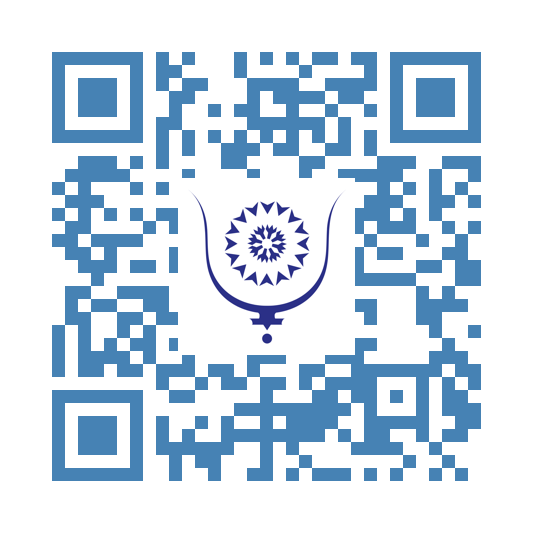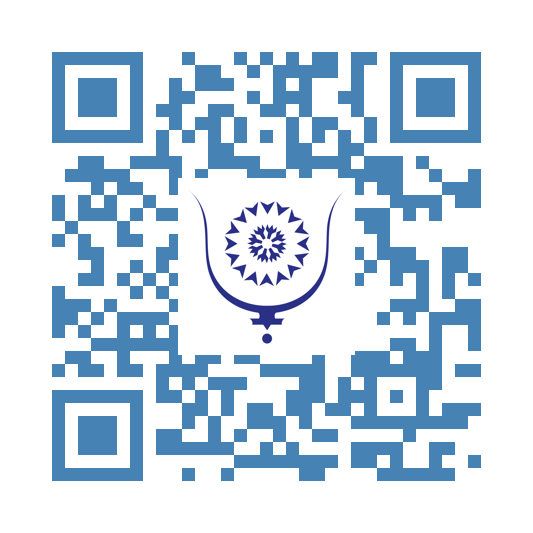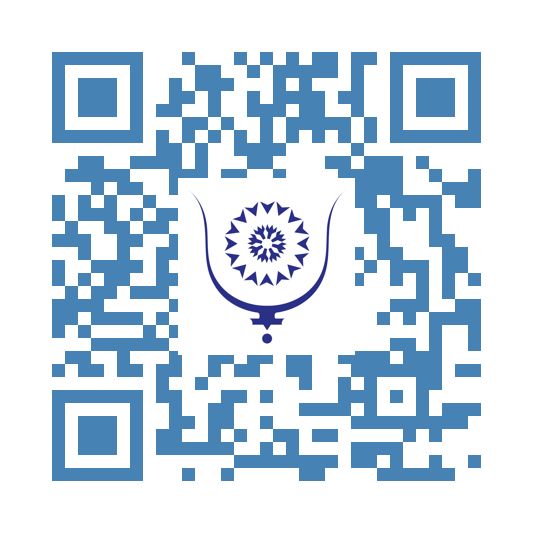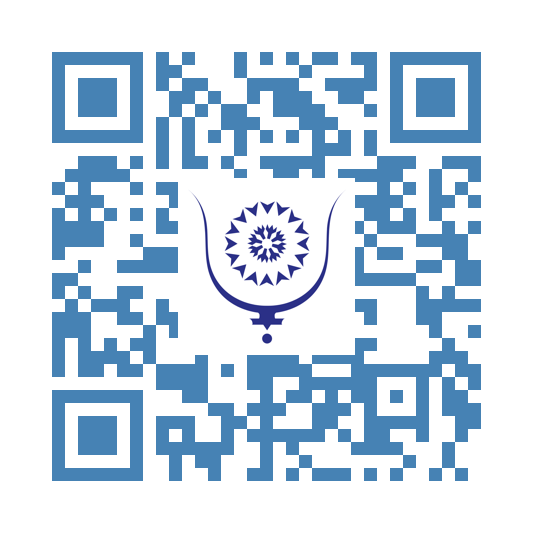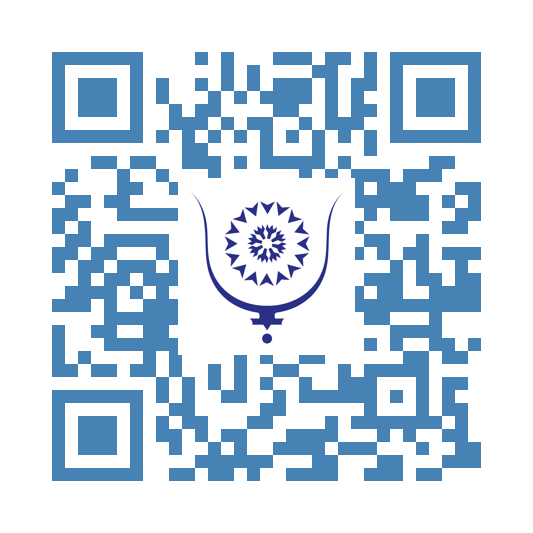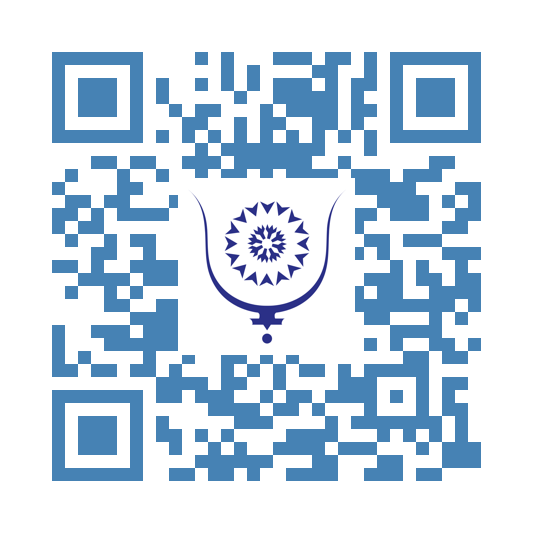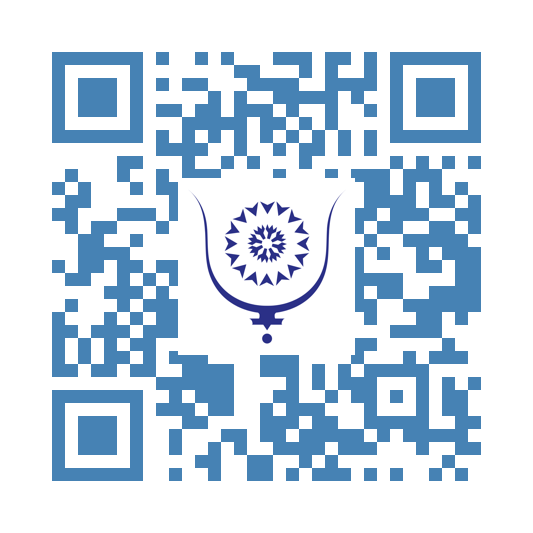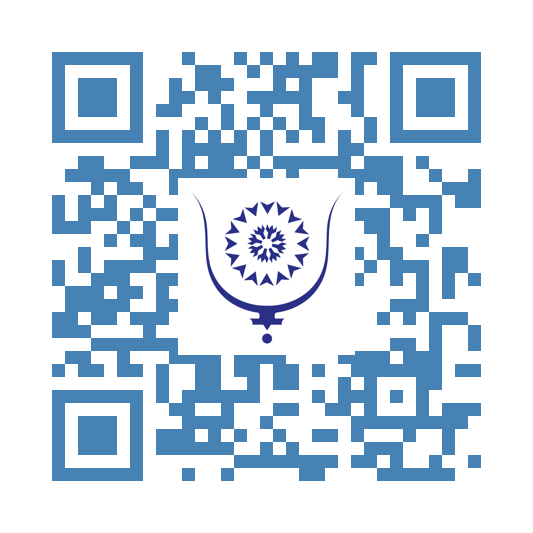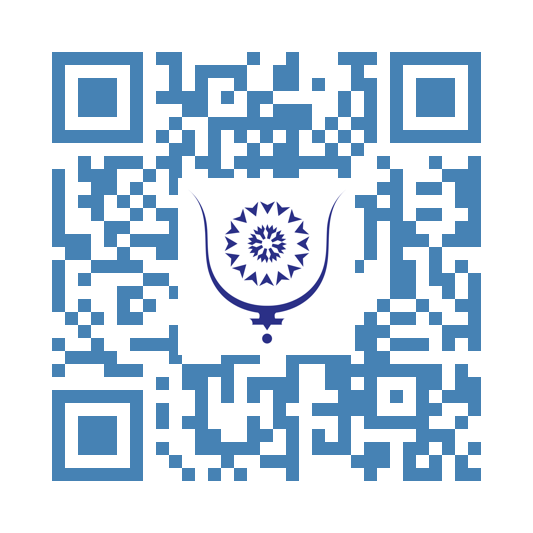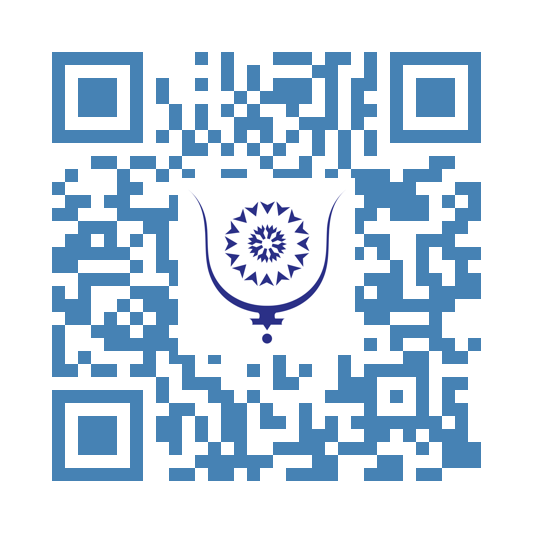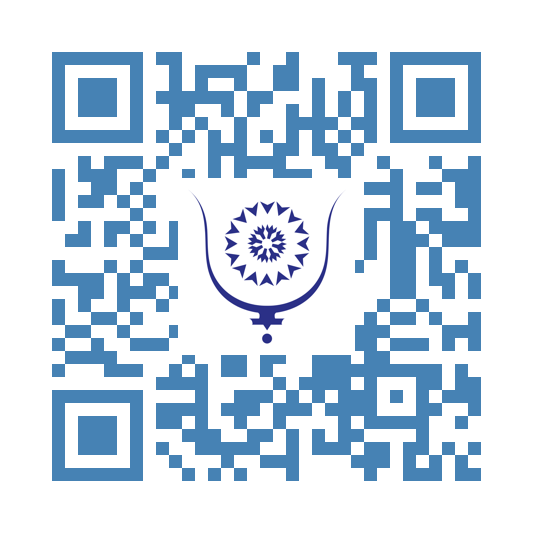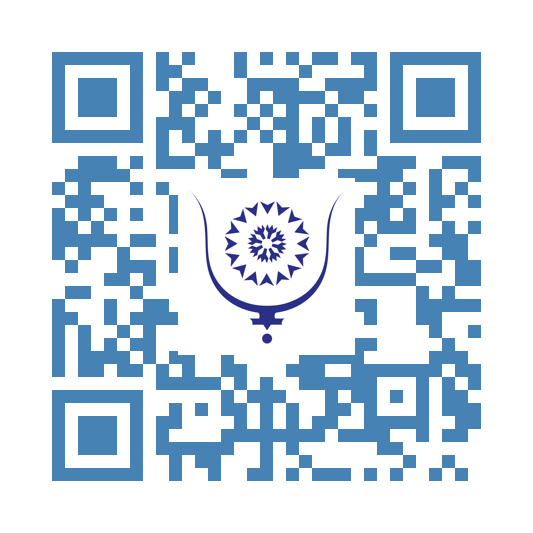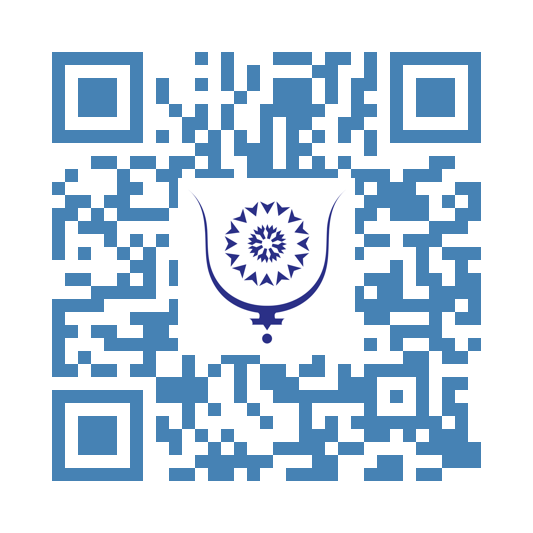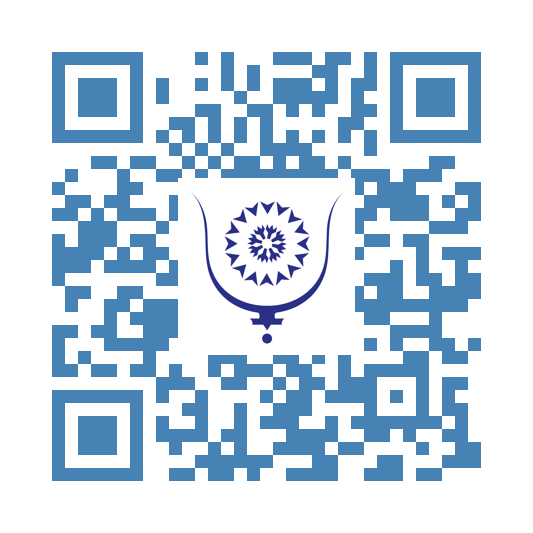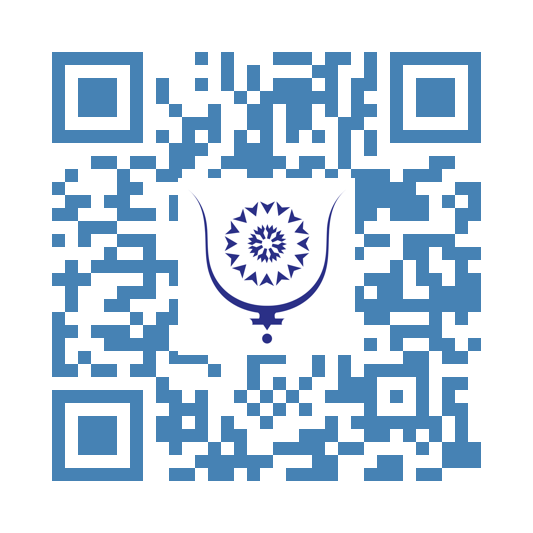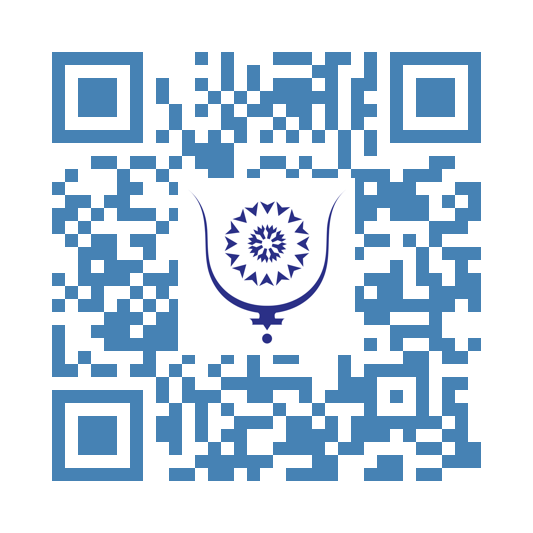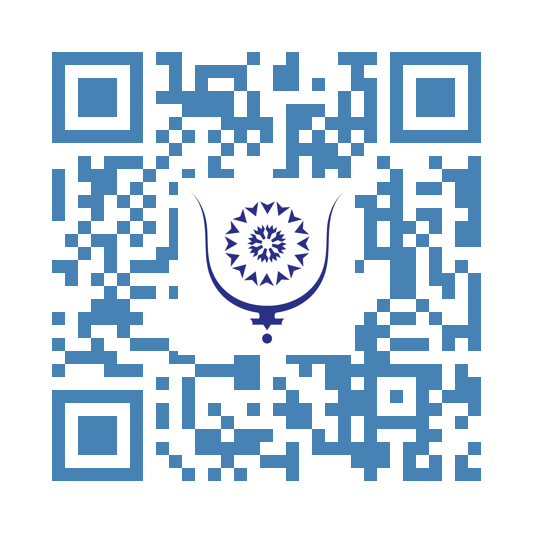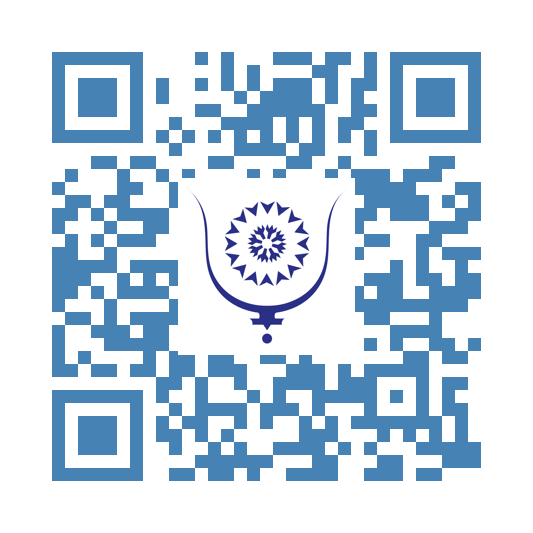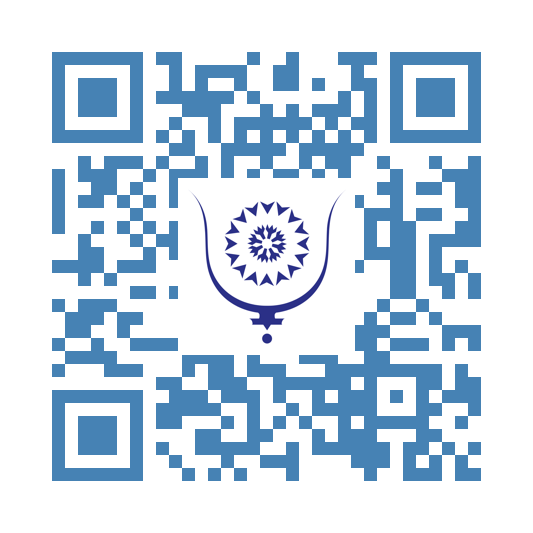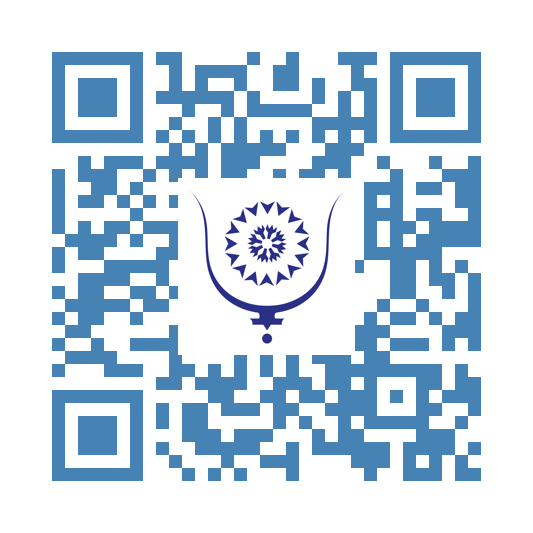Le Monde and Morocco: Deconstructing a Biased View of a Revered Monarchy... 6227
The newspaper Le Monde, founded on the recommendation of General De Gaulle in the context of the Second World War in 1944, is internationally renowned for its investigative journalism and analytical capability. However, it often displays a biased approach when it focuses on the Kingdom of Morocco. The article published on August 24, 2025, titled "In Morocco, an atmosphere of end of reign for Mohammed VI," symptomatically illustrates this tendency, which deserves a response by also recalling the conflictual relationship the newspaper has had with the Kingdom almost since its inception. The impression is that it is probably the fact that Morocco is a Kingdom that bothers or disturbs the paper. The relationship to monarchy, particularly from the French left, is not unrelated to this ideological stance.
For a long time, Le Monde's editorial coverage of Morocco has avoided neutrality. Since the time of Hassan II, the paper frequently adopted a critical tone, sometimes unjustly severe, offering a European reading framework that often reduced the complex Moroccan political reality to a caricature. Between interpretations disconnected from reality and unfounded insinuations, the treatment of the country has often been limited to a black-and-white vision, marginalizing the concrete nuances of its evolutions and its centuries-old history. It must be reminded that the Kingdom, as a nation-state, existed long before what is today called France. It therefore has its own codes and its own evolution and worldview.
The newspaper's stance, inherited from a postcolonial reading marked by a basic socialism fixed on the image of an immutable authoritarian power and a society on the brink of upheaval. Journalists seem to relive by proxy the years before 1789. Conflations and romanticized interpretations are the rule.
Returning to the article, would the King of Morocco be a misunderstood sovereign? Is the Kingdom, for its part, so little known to the journalists of "Le Monde"? Would the secular Moroccan people simply be a copy of the people of medieval France? Or is it simply an ideological stance blinding the paper?
The mention of an "atmosphere of end of reign" in the recent article betrays profound ignorance coupled with a dubious hypothesis. In reality, no tangible sign of decline emerges, quite the opposite. The Moroccan people show notable attachment to their monarchy perceived as an essential pillar for stability, development, and national cohesion. A simple observation of social networks would have spared the authors from such errors, for since 1999, under the impetus of King Mohammed VI, Morocco has achieved important reforms. These are advances that took France two centuries. How can one forget to mention the country’s major achievements in such a short time:
- Sustained economic growth in several strategic sectors, generating jobs and sustainable prospects.
- Modernization of the family code (Moudawana), a symbol of major social progress, particularly regarding women's rights.
- Adoption of a transitional justice policy favoring reconciliation and healing historical wounds.
- Establishment of mandatory medical coverage, expanding access to healthcare for all.
- Assertive diplomacy recognized on the African continent and internationally, demonstrating a well-thought-out, forward-looking strategy.
- The Kingdom is preparing to host the Football World Cup, a sign of great trust from the international community.
These successes, however glaring, are overlooked by the authors because they contradict a sensationalist narrative of monarchical decline which appeals to some French circles nostalgic, under the surface, for the monarchy they killed. The article recklessly mixes rumors, outdated clichés, and baseless hypotheses, portraying power as frozen, aging, and oppressive. The author consciously ignores the multifaceted reality of a country at the crossroads of ancient traditions and sustained modernization. The depiction of a "twilight" reign reflects a condescending gaze, reminiscent of dominant stereotypes that often reduce the Arab and African world to narratives of instability and decline.
Contrary to the dark picture painted by Le Monde, contemporary Morocco under Mohammed VI pursues a dynamic trajectory, marked by concrete progress and real stakes, aligned with popular expectations. Rejection is not expressed through a distancing from the monarchy, but by a demand for thoughtful, gradual reforms that respect traditions and institutions. In this context, speaking of "end of reign" stems from a mistaken reading that distorts the actual function and role of monarchy today.
Here, it is essential to claim rigorous journalism based on documentary research and pluralism, finally freeing itself from postcolonial reflexes and a condescending gaze. Morocco cannot be reduced to an exotic subject of study or a testing ground for imported scenarios. More than a relic, the monarchy embodies a central lever of a nation in motion, led by lucid and committed leadership.
Le Monde’s editorial past seems to weigh heavily on its analysis of current events in Morocco. By assertively stating an "atmosphere of end of reign," the article disconnects its diagnosis from the social, economic, and political realities shaping the Kingdom. The achievements show a sincere will to articulate traditions and modernity, stability and popular aspirations, in a difficult regional environment that the country has managed with discernment.
By omitting these elements, favoring unfounded rumors and finished stereotypes, the text promotes an alarmist narrative that harms both truth and constructive dialogue, feeding prejudices inherited from an outdated postcolonial vision.
Thus, far from a predicted decline, Morocco traces a path based on conscientious leadership, rooted in a millennia-old history and attentive to current challenges, looking towards a hopeful future.
It is time for Le Monde to renew its gaze with honesty and respect, going beyond clichés and integrating the diversity of the Moroccan voice. The arrogance of an external view must never outweigh lived reality.
Readers of this newspaper, as with others when it comes to Morocco, deserve balanced, non-partisan, and open information reflecting the richness and depth of a society and a Kingdom in full transformation, faithful to its institutions and its sovereign.



